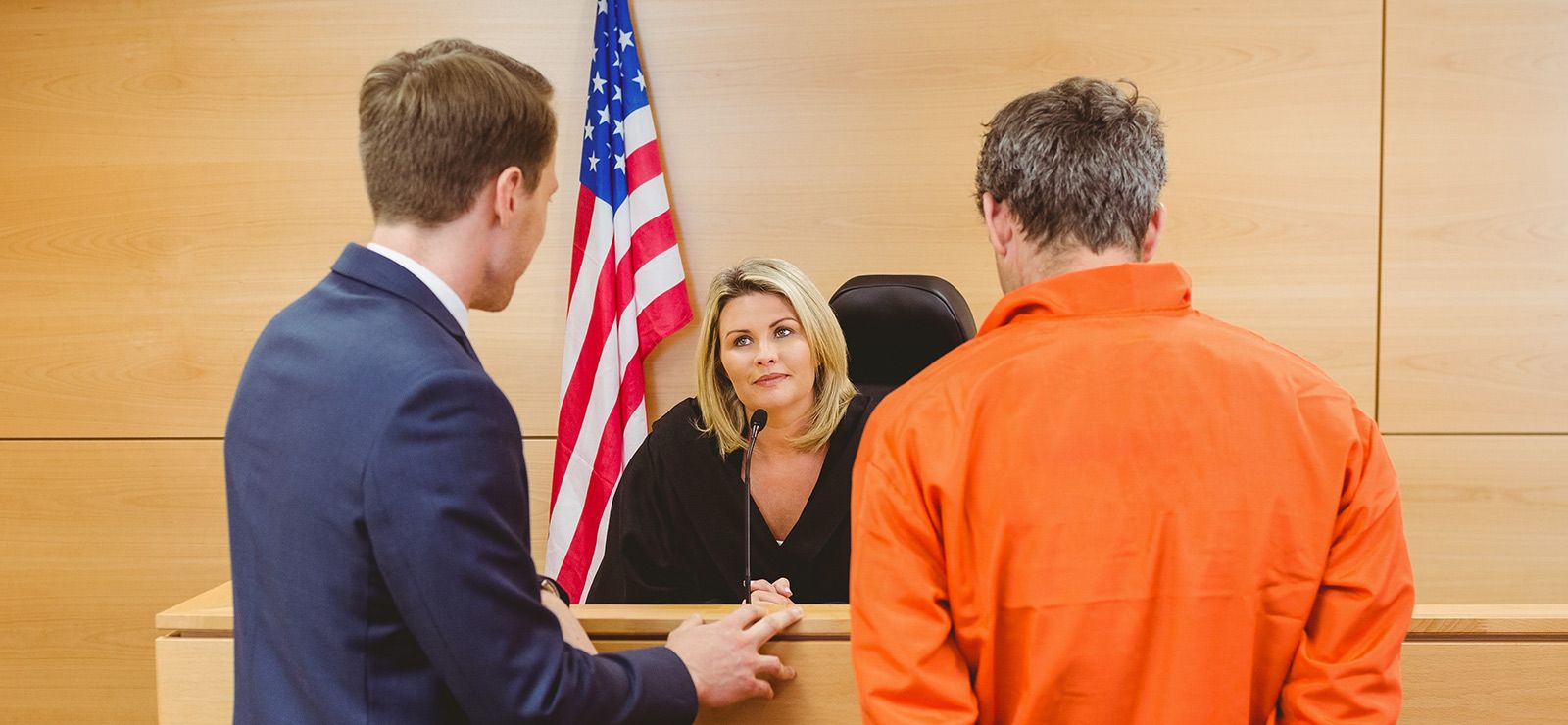A criminal prosecution may not proceed unless the defendant has sufficient present ability to consult with his lawyer with a reasonable degree of rational understanding, and has a rational as well as factual understanding of the proceedings against him. Competency determinations generally include psychiatric evaluations followed by an in-court hearing.
If an individual is found competent the case will proceed to determine adjudication. If found incompetent, judges can order services, including mental health treatment and medications that attempt to restore the defendant to legal competence. These services can be provided on an outpatient basis in the community, in jail, or in a mental health facility. Competency determinations can significantly impact case timelines, which is especially important if an individual is incarcerated. Every effort should be made to streamline determinations and related proceedings. There is also a growing consensus that because of the likelihood of an increased length of incarceration and confinement, the competency process should be reserved for defendants who are charged with serious crimes, and others should be diverted to treatment.
Learn More About Competency and Restoration
- National Center for State Courts, Leading Reform: Competence to Stand Trial Systems
- Council of State Governments Justice Center, Just and Well: Rethinking How States Approach Competency to Stand Trial
- National Center for State Courts, Juvenile Competency to Stand Trial
- Policy Research Associates, Competence to Stand Trial: Opportunities for Diversion
- *Treatment Advocacy Center, Dismiss Upon Civil Commitment with AOT: One Alternative to the Competency Restoration Crisis
- *SAMHSA, Foundation Work for Exploring Incompetence to Stand Trial Evaluations and Competence Restoration for People with Serious Mental Illness/Serious Emotional Disturbance
- The Journal of the American Academy of Psychiatry and the Law, A Jail-Based Competency Restoration Unit as a Component of a Continuum of Restoration Services
- Barry W. Wall et al., AAPL Practice Resource for the Forensic Psychiatric Evaluation of Competence to Stand Trial
- *National Center for State Courts, Competency Dockets
- National Center for Mental Health and Juvenile Justice, Developing Service Delivery Systems for Evaluations of Juveniles’ Competence to Stand Trial: A Guide for States and Counties
* Recently added
